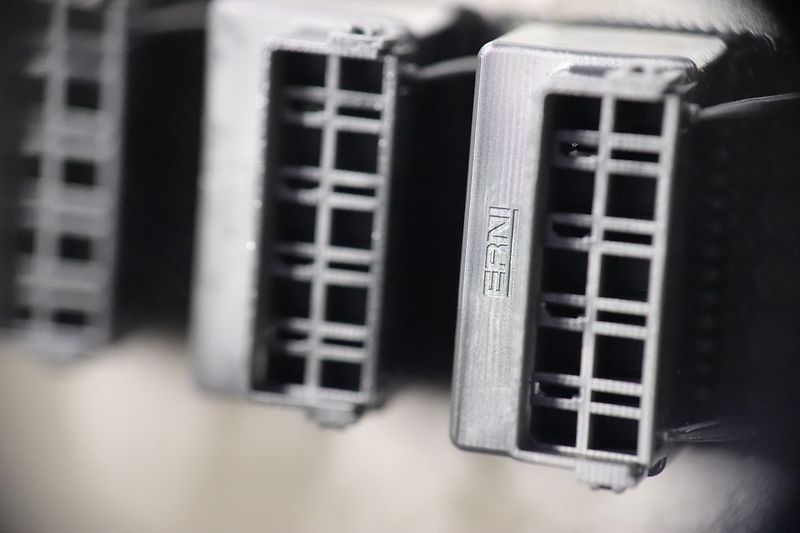Asiga is a partner in Henkel's Open Materials Platform. Together, the companies aim to accelerate the use of additive manufacturing in various industries with production-ready, precise and functional 3D-printed components. Henkel offers a portfolio of high-performance photopolymers for the 3D printing industry. The company develops and markets a range of light-curing resins that enable extremely fast production of series components with numerous different properties - from high impact strength to high flexibility, but also with high heat resistance and other functionalities for special applications.
Asiga is a pioneer in desktop stereolithography and launched the world's first LED-based DLP 3D printer in 2011. The company has since focused on a range of process monitoring technologies, controlling part precision and production stability in numerous markets such as medical and manufacturing.
Since announcing their collaboration in July 2020, Asiga and Henkel have validated industrial-grade materials by optimising printing processes that offer new opportunities in additive manufacturing. "Henkel is continuously enabling new applications through an innovative approach to material development. This gives Asiga's customers access to the next generation of 3D printing," says Graham Turner, Global Operations Manager at Asiga.
"After several months of intensive collaboration with Asiga's technical team, we are delighted to announce further Loctite branded industrial resins for use on the Asiga platform. The new Asiga Pro4K is a great introduction to industrial 3D printing. The partnership allows us to use many of our latest technologies on this platform. This includes our flame retardant material Loctite 3955 FST," explains Sam Bail, Head of OEM Partnerships for 3D Printing at Henkel.
To ensure the production of functional, repeatable and reliable parts, Loctite materials are qualified in an industrial workflow. Loctite 3D 3955 FST, a 3D printable photopolymer material with flame, smoke and toxicity resistance properties and a heat deflection temperature of more than 300 degrees Celsius has been validated for use on the Asiga Max and Asiga Pro4K printers. The material meets the UL 94V-0 safety standard for fire protection, smoke and toxicity, as well as industry-leading 12 and 60 second vertical fire tests for aerospace applications, and can be used in a wide range of industries including aerospace, automotive and transportation.
Litholabs, a German distributor of Asiga, and ERNI, a manufacturer of electronic connectors headquartered in Switzerland, have used Henkel's Loctite 3955 FST material to design functional prototype connectors with 3D-printed housings for printed circuit boards. The high precision printing of Loctite 3955 enables optimised design of highly detailed parts. 3D printing the connector housings allows prototyping of the PCB assembly with the electronic components. Connector housings printed with Loctite 3955 can also withstand high temperatures generated by surface mount technology in the soldering machines. As a result, ERNI can complete its testing of assembled PCB connectors in less time and obtain the optimal design, including customer approvals, more quickly compared to conventional development.
"As a distributor of Asiga 3D printers, we are continuously generating a wealth of experience working with customers in different industries," says Axel Schwan, founder of Litholabs. "Henkel's innovative Loctite 3955 resin has entered the market at the right time to meet the demand for highly functional and technical 3D printing solutions. Combining it with Asiga's open material platform creates a compelling ecosystem for efficient, fast and reliable production applications in industrial manufacturing."
"Henkel's 3955 material gives us the opportunity to achieve significant time and cost savings compared to traditional injection moulding," adds Stefan Molitor, Design Engineer at ERNI. "We are currently still in the early stages of discovering the new possibilities of material and processes. But we see great potential for the use of additive manufacturing from rapid prototyping to rapid series production in the future."

 Deutsch (Germany)
Deutsch (Germany)  Polski (PL)
Polski (PL) 









